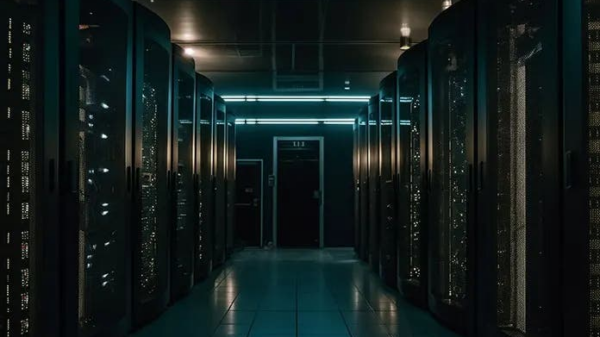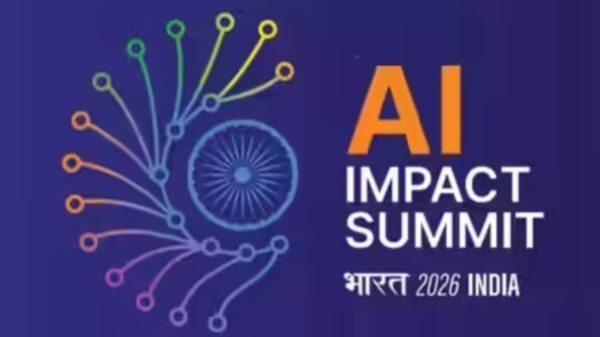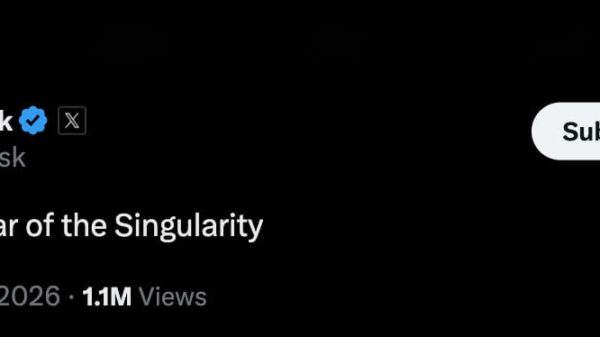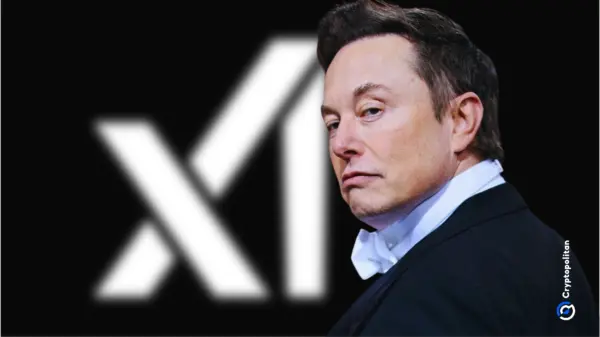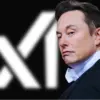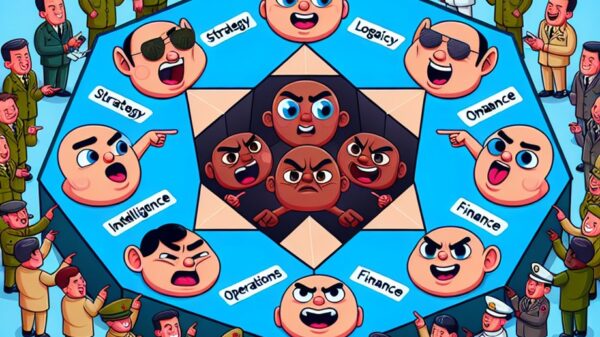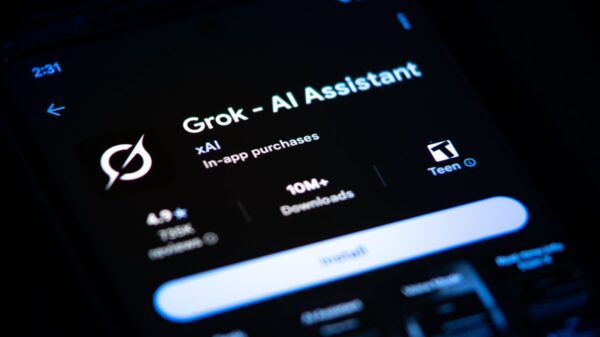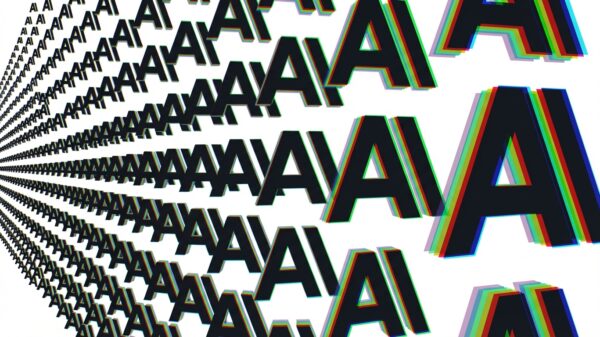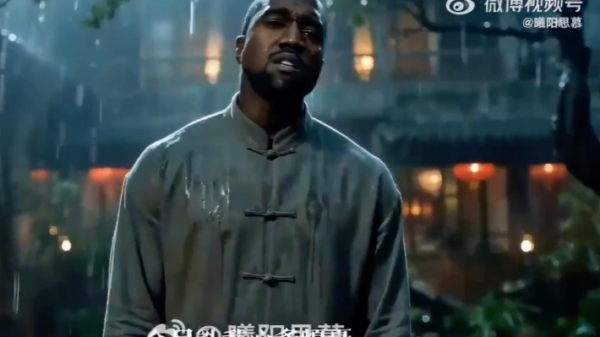In a significant update, xAI has announced a delay in the release of its Grok 5 AI model, now scheduled for the first quarter of 2026 instead of the previously anticipated end of 2025. This postponement reflects the complexities involved in scaling advanced artificial intelligence, even for a company led by the ambitious Elon Musk.
Musk disclosed the revised timeline during a discussion with investor Ron Baron, who has historically supported Musk”s initiatives, including Tesla and SpaceX. “Grok 5 would be released in Q1,” Musk stated, as reported by The Information. This change comes after Musk had earlier committed to a 2025 launch, illustrating the unpredictable nature of developing advanced large language models.
The delay is not unprecedented, as xAI has encountered similar issues with prior models. For instance, the release of Grok 3.5 was postponed by a week in May 2025, with Musk explaining that the model was “still too rough around the edges,” according to updates shared on X and covered by EONMSK News. These adjustments highlight the extensive fine-tuning necessary to achieve xAI“s goal of creating AI that is truthful and beneficial.
Evolution of Grok and Challenges in AI Development
The journey of Grok began with the founding of xAI in 2023, with the aim of leveraging advanced AI to comprehend the universe. The initial model, Grok 1, was launched later that same year, followed by incremental enhancements. By August 2025, xAI open-sourced Grok 2.5, and Musk indicated plans to do the same for Grok 3 in about six months, as reported by Reuters.
The emergence of Grok has positioned xAI as a noteworthy competitor in the artificial intelligence sector, challenging established entities like OpenAI. Musk has expressed optimism regarding Grok 5, estimating a 10% probability of achieving artificial general intelligence (AGI). In an update in October 2025, Musk described Grok 5 as having this slim chance at AGI, emphasizing its dynamic reinforcement learning capabilities that adapt based on user interaction.
Industry Competition and Strategic Developments
The AI field is marked by intense competition, particularly following the launch of OpenAI“s GPT-5 in August 2025. Musk has touted Grok 5 as being “crushingly good” and superior to its rivals, as quoted in The Times of India. However, the delay raises concerns that xAI may lose ground as other companies advance in critical areas such as real-time data integration and video generation.
Central to the development of Grok 5 is Colossus 2, xAI“s supercomputer located in Memphis. Posts on X from September 2025 indicate that this infrastructure will be instrumental in training Grok 5, potentially positioning it as the most powerful AI should it reach AGI. Nonetheless, scaling such systems necessitates substantial computational resources, contributing to the extended timeline.
Beyond Grok 5, xAI has also postponed other initiatives, including Grokipedia, a competitor to Wikipedia, which was delayed in October 2025 to address concerns regarding propaganda and bias, as noted by The Times of India and Cybernews. Musk”s commitment to developing truth-seeking AI aligns with his critiques of biased systems, but achieving these aims requires thorough development processes, often at the expense of speed.
Looking Forward: Implications for AI Innovation
The delay in Grok 5″s launch is viewed by industry analysts as indicative of broader challenges within AI development. A recent analysis by AInvest suggested that xAI“s integration with Musk”s other companies could provide unique advantages, such as access to real-time data for training purposes. However, the shift to Q1 2026 raises questions about whether xAI can maintain its competitive edge against better-funded rivals.
Musk”s updates on X, including a November 2025 post relayed by MarketWatch, have confirmed the delay, igniting discussions among developers and investors. One user commented that “it”s better to deal with the issue than to release a bad product,” reflecting a sentiment that prioritizes quality over a rushed release.
In the long term, this delay may enable xAI to incorporate newer advancements, potentially integrating improved coding models or video generation tools. Musk has set ambitious aspirations, including plans for an AI-generated game and a “watchable” movie by 2026, illustrating a multi-faceted approach to AI innovation.
As the pursuit of AGI continues, the road remains fraught with both technical and ethical challenges. Musk”s 10% probability estimate for Grok 5 achieving AGI highlights the uncertainty surrounding such developments, yet it also stirs excitement within the industry. While delays may be frustrating, they could ultimately lead to a more robust model capable of adapting in real-time. The evolution of Grok 5 into early 2026 will be closely monitored as it may redefine xAI“s position in the competitive AI landscape.
 Meta Integrates AI-Driven Impact into Employee Reviews Starting 2026, Shifting Corporate Culture
Meta Integrates AI-Driven Impact into Employee Reviews Starting 2026, Shifting Corporate Culture AI Enhances Supply Chain Resilience Amid Tariff Uncertainty with Real-Time Options
AI Enhances Supply Chain Resilience Amid Tariff Uncertainty with Real-Time Options Chinese Startups Target Global Expansion with AI, Robotics & Market Insights at XIN Summit
Chinese Startups Target Global Expansion with AI, Robotics & Market Insights at XIN Summit Cities Deploy AI Solutions to Enhance Road Safety Amid Rising Traffic Fatalities
Cities Deploy AI Solutions to Enhance Road Safety Amid Rising Traffic Fatalities Andrej Karpathy Foresees Self-Driving Cars Transforming Urban Living
Andrej Karpathy Foresees Self-Driving Cars Transforming Urban Living


















